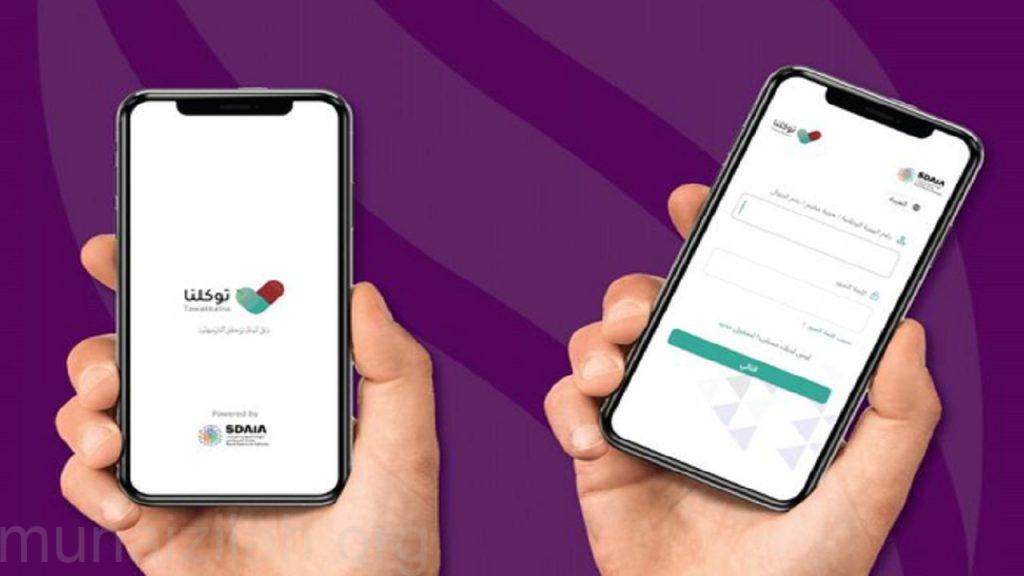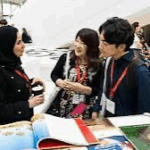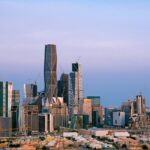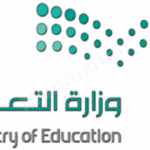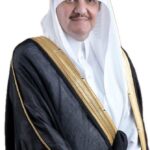The national comprehensive app “Tawakkalna” has announced the availability of digital government services through the app from anywhere in the world, as part of a new developmental step aimed at facilitating access to services that have now exceeded 1,000 offerings from various entities. This initiative supports the Kingdom’s digital transformation journey in line with the objectives of Vision 2030, reinforcing the Kingdom’s position as a leading country in providing digital services through a comprehensive national platform.
The “Tawakkalna” app meets the diverse needs of citizens, residents, and visitors through its various services, including the digital display of official user cards such as passports, national IDs, and work permits. The app also supports awareness aspects for pilgrims arriving from outside the Kingdom by enabling them to access services that include viewing permits, exploring all available services through the app, and identifying peak crowding times and optimal visiting hours for the Two Holy Mosques and the Noble Rawdah. Additionally, it allows users to book permits for performing rituals while still in their home countries before arriving in the Kingdom.
The “Tawakkalna” app is an integrated digital platform that has contributed to improving quality of life by facilitating access to government services across various developmental and vital sectors, including education, health, justice, tourism, and entertainment. The app also provides numerous significant features and conveniences to assist citizens, residents, and visitors to the Kingdom, saving them time and effort through a highly reliable and technologically advanced application. The app boasts over 34 million users, with more than one million active daily users.
Tawakkalna
“Tawakkalna” is a Saudi Arabian digital platform launched in 2020 during the COVID-19 pandemic to help manage health and safety measures, including vaccination status and movement permits. The app played a key role in the country’s pandemic response by providing real-time updates and ensuring compliance with health regulations. While not a physical cultural site, it reflects Saudi Arabia’s rapid technological adaptation in times of crisis.
Vision 2030
“Vision 2030” is Saudi Arabia’s ambitious strategic framework to diversify its economy and reduce dependence on oil by 2030. Launched in 2016 under Crown Prince Mohammed bin Salman, it focuses on developing sectors like tourism, technology, and infrastructure, including mega-projects like NEOM. The plan also aims to enhance social reforms, women’s empowerment, and cultural openness while preserving Islamic values.
Two Holy Mosques
The **Two Holy Mosques** refer to **Al-Masjid al-Haram** in Mecca and **Al-Masjid an-Nabawi** in Medina, the two most sacred sites in Islam. Al-Masjid al-Haram, built around the Kaaba, dates back to the time of Prophet Ibrahim (Abraham) and was later expanded over centuries, while Al-Masjid an-Nabawi was established by the Prophet Muhammad (PBUH) in 622 CE after his migration to Medina. Both mosques are central to Islamic pilgrimage (Hajj and Umrah) and hold immense religious and historical significance for Muslims worldwide.
Noble Rawdah
The Noble Rawdah (or *Rawdah al-Sharifah*) is a revered area within the Prophet’s Mosque (*Al-Masjid an-Nabawi*) in Medina, Saudi Arabia, believed to be part of Paradise. It lies between the Prophet Muhammad’s (PBUH) tomb and his pulpit (*minbar*) and is a site of deep spiritual significance for Muslims, who visit to pray and seek blessings. Historically, it was a place where the Prophet (PBUH) prayed and taught his companions, making it a cherished part of Islamic heritage.

